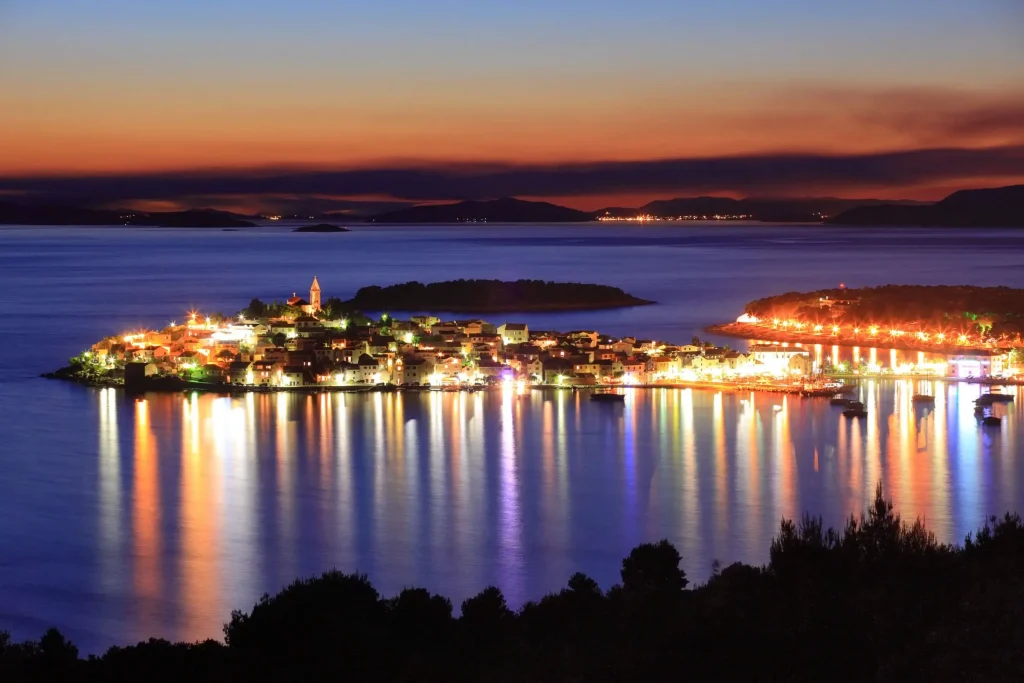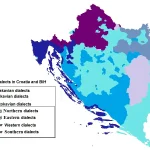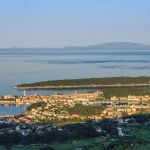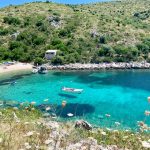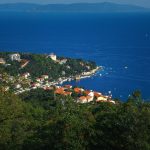Remember when you were a kid and it was enough to tell another random kid you’d never met before that you liked his toy dinosaur and that was it, you ended up being friends with no questions asked. How simple life once was. As adults who obsess over our insecurities, what others might think of us, and worst case scenarios, we tend to overcomplicate making connections, especially genuine ones. Spoiled by being older and wiser, we add layers of complexity to things that should be simple, create barriers where there doesn’t need to be any, and sometimes even seek to protect ourselves from discomfort or embarrassment by not putting ourselves out there.
Did you know that we make our minds up about others within about ten seconds of meeting them? It’s subconscious and automatic. This is because back when we were living in caves and trying to avoid being killed by sabre toothed tigers, we didn’t have the time to spend getting to know others on a deeper level. I suppose when your life is all about churning out offspring and becoming old and decrepit at about 25, things like that aren’t quite as important. Times have changed dramatically, but we still tend to make up our minds to a certain degree about others based on the energy we feel from them when we first meet. First impressions are everything, as they say. Meeting people in Croatia might be a bit more complicated because of the language barriers, but deep down – we all speak the same language, and decency transcends everything else.
Many foreigners tend to think Croats are a bit standoffish because they tend not to walk around with beaming smiles plastered across their faces. While people in the UK have even been known to apologise to inanimate objects when bumping into them, you’ll likely not notice that here. Despite typically not being seen grinning from ear to ear, the truth of the matter is that Croatian people would usually give you the shirts off their backs if asked.
Croats speak English to an extremely impressive standard, but even an attempt at speaking Croatian (which is notoriously difficult and most Croats are aware of that), will win you instant appreciation with most people. A friendly ‘dobar dan’ (good day), ‘dobro jutro’ (good morning) or ‘doviđenja’ (or just ‘đenja’ for short) will elicit a smile and help develop connections. I’ll jump more into language a bit later on.
Expats who like to live their lives in expat bubbles full of their own nationality or indeed different nationalities who have also come to live in Croatia do so understandably. Humans are social animals, we seek out what feels most comfortable, and the craving for something familiar can be extremely strong when spending extended periods of time abroad, and that doesn’t really fade no matter the length of time spent outside your home country.
I still have cravings for Greggs sausage rolls and every time I go to England, which is every few months or so, I transport myself back in time with the taste of them, proper fish and chips and Irish bacon. My mum’s Sunday dinners are something irreplaceable, and even if they could somehow be made in Croatia, I honestly don’t think I’d want to eat them anywhere else but in my childhood home. I’m going off on a bit of a tangent here (the thought of sausage rolls does have that effect), but my point is that feeling homesick and longing for home comforts isn’t unusual, and what might be a hard pill to swallow is the fact that while it will fade in and out, this will likely never go away. It’s human, and while frustrating, it’s completely natural.
Don’t limit yourself to other expats only
Feeling like you don’t quite belong here (being home) or there (being Croatia) often leads expats in Croatia to associate and build relationships solely with those from their country of origin. While understandable, doing so will limit your understanding of Croatia and Croats enormously. Becoming friendly with the locals will see doors open up to you in a way you might not expect, despite how obvious and logical it might seem to read it. Understanding the country you’re in on any deeper level gives you the opportunity to see the wood from the trees, broaden your horizons and grasp another way of life, even if not entirely.
While I’m a huge proponent of immersion, I am absolutely aware that saying ‘just speak to people’ is a daunting task and much more easily said than done. Feeling comfortable in a new place is a gradual process which happens over time and isn’t straightforward, so if you’re just interested in meeting others who will more than likely share the same struggles, have the same problems, and be feeling the same feelings as you for now while you get settled and find your feet, I’d recommend introducing yourself to some expat groups. There are several large and very active and helpful ones to be found on – you guessed it – Facebook.
Expat groups
There are expat groups for various locations all over the country, from Osijek to Dubrovnik and everywhere in between, and most of them are very active. Asking questions there will help get you realistic answers from people who have experienced things themselves, introducing yourself there will quickly gain you some friends, and observing what’s posted there will keep you up to date on events and the like which you might not have known about otherwise, especially if you’re still working on learning Croatian.
Expats in Zagreb [Official], Expats meet Split, Dubrovnik Foreign Circle, Expats of Dalmatia, Expats in Dubrovnik, Expats on Brač, Korčula, Hvar Comunita Degli Italiani Spalato, Croatian Australian NZ-ers and Friends in Split, Expats in Trogir, Americans in Croatia, Chilenos en Croacia, Indians in Croatia, Latinos en Croacia, Svenskar i Kroatien, South Africans in Croatia… I could go on, but you probably get my drift. These are just some of the expat groups on Facebook, so you’ll find something that suits you without any problem at all.
There are usually local Croats who are members of these groups, too.
For more on finding your feet in Croatia, be it regarding setting up your health insurance and finding a job and somewhere to live, to driving and learning to avoid snakes and bears, make sure to keep up with our dedicated lifestyle section and our How to Croatia series, which is published every Wednesday.

